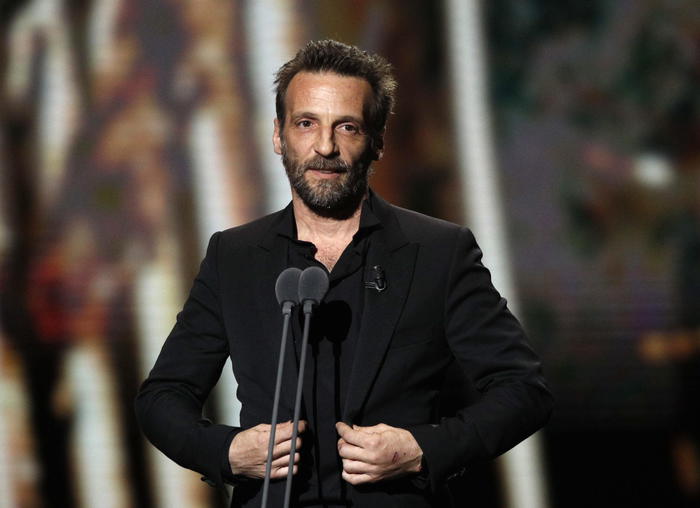Hollywood is a strange place.
In the nature of the world, proud people create their identity and express it in books, paintings or movies.
Some choose to cultivate the culture in which they grew up, some prefer to criticize it, and few choose to ignore its existence.
The latter seem to have arrived in Hollywood.
The American film industry, whose founders were Jewish immigrants from Europe and whose successors are second- and third-generation immigrants, is exemplary of the reluctance of some of the important artists to recognize being part of the Jewish cultural journey. The number of Jewish-American filmmakers in Hollywood is inversely related to the number of films they have made, which are dedicated to depicting the world of American Jewry. Precisely at a time when their films depicting the cultural diversity of the United States are succeeding, and many films center on the black, Asian or Hispanic community, there is one people, scattered and separated, whose culture deliberately eludes every camera lens.
From cinematic wall mosses no one expects a Jewish statement, but a case like Steven Spielberg certainly does. Spielberg, who is a Jew at home and an American director when he leaves, does not often touch on questions of Jewish identity in his films. He devoted many films to the plight of blacks in the United States, to the murder of the Jews only one film whose clear protagonist is in fact a Nazi party activist.
Only Jewish artists were involved in the creation of "The Story of the Suburbs," which was performed on stage in 1957. Leonard Bernstein, the music director, and Robert Wise, who directed the first film version in 1961, were part of the Circumcision Corporation, which decided to update the story of Romeo and Juliet Shakespeare and adapt it to the American multicultural space. Originally, the story was supposed to deal with a Jewish-Catholic couple and a love story that takes place in New York during the weeks when rival religions celebrate Passover and Easter, but the reluctance to give explicit expression to the existence of New York Jewry led to a change in plan. The hero's Jewish identity was denied him and converted to a vague Polish identity. The protagonist was privileged to preserve her Puerto Rican identity, and her name, Maria, also testified to her deep affinity for the Christian religion.
One would have expected that 20 years into the current millennium Spielberg and his regular writer, Tony Kushner, would free their protagonists from the grip of the familiar Jewish repression.
Their decision to retell the interfaith love story they would like to give a more explicit cinematic expression to the life of the Latin community to which the protagonist belongs.
To the cultural identity of the protagonist they did not bestow similar kindness.
From the new version, a distinctly Jewish sub-figure was also procured and replaced, as expected, by another representative from the Puerto Rican immigrant community.
The stubbornness of Jewish-American filmmakers to hide any trace of their Jewish identity in their films opens a window into their consciousness.
Their thunderous silence is louder than any musical solo.
But the sense of threat they feel at every opportunity in which Jewish culture is mentioned, is actually a testament to its power.
Perhaps in the next version of "The Story of the Suburbs" we will get to see the characters finally come out of the Jewish bookcase.
We have patience.
With Eternity is not afraid of long movies.
Were we wrong?
Fixed!
If you found an error in the article, we'll be happy for you to share it with us






